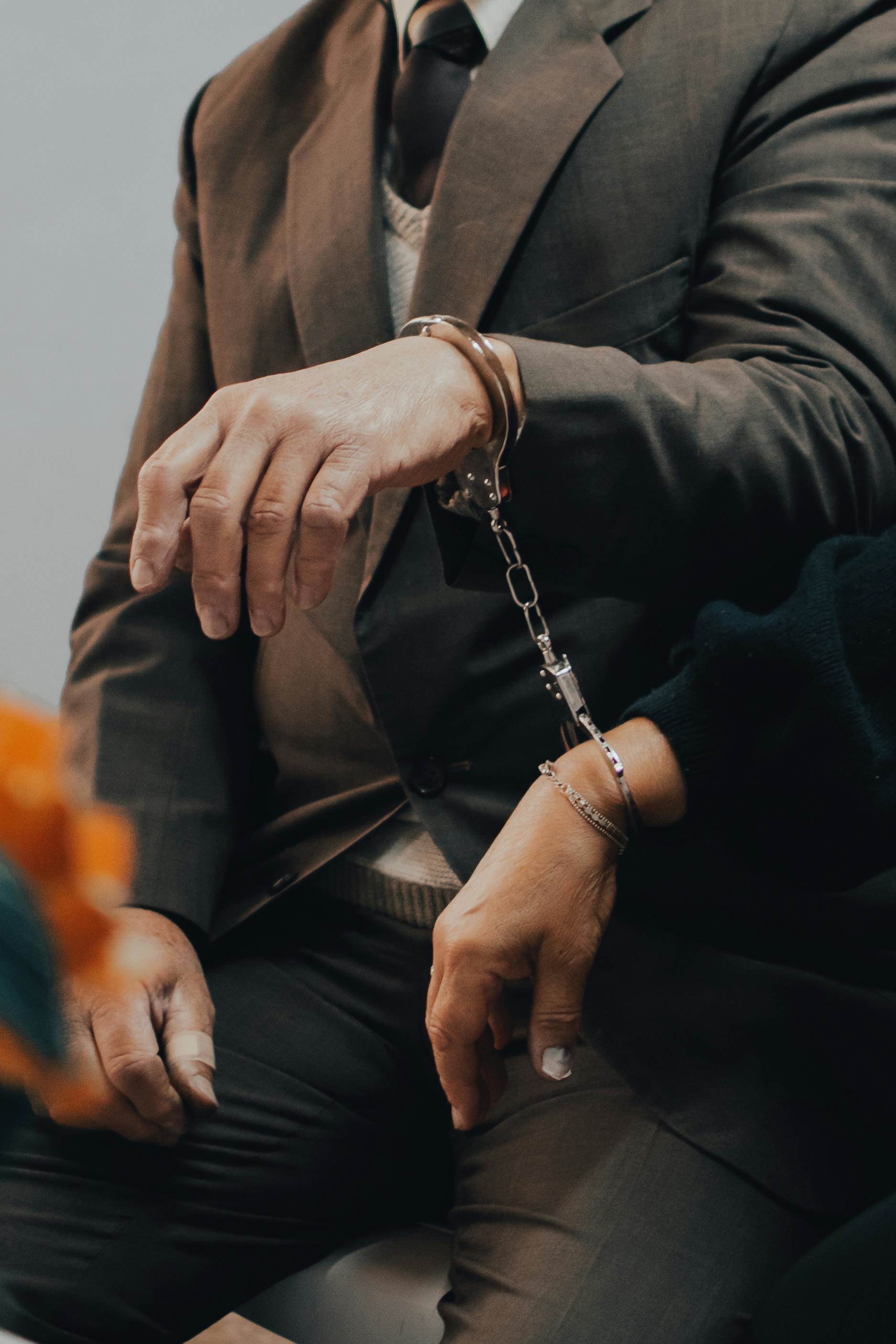Section 1: Immediate Steps to Take After an Arrest
1. Stay Calm and Composed
Remaining calm can help you think clearly and avoid saying or doing anything that could negatively affect your situation. Take deep breaths and focus on keeping your emotions in check, no matter how upsetting the circumstances may be.
2. Exercise Your Right to Remain Silent
- One of the most critical rights you have after being arrested is the right to remain silent. Anything you say can be used against you in court, so it's best to refrain from answering any questions until you have legal representation.
- Politely inform the arresting officer that you wish to remain silent and would like to speak with an attorney.
3. Request an Attorney Immediately
- Ask for a lawyer as soon as possible. You have the legal right to have an attorney present during any questioning. Requesting an attorney is not an admission of guilt; it’s a step to protect your legal rights.
- If you cannot afford an attorney, one will be appointed to you, but having an experienced local attorney, like Sal Bazaz, who knows Estero's legal landscape, can provide a significant advantage.
4. Be Cooperative Without Self-Incriminating
- While it’s crucial to cooperate with law enforcement officers, don’t volunteer any information beyond your basic identifying details. Avoid trying to explain or justify your actions, as this could inadvertently harm your defense.
5. Document Everything You Remember
- As soon as you have the opportunity, write down everything you remember about the events leading up to and during your arrest. This can include the time of day, location, interactions with officers, and any witnesses who were present. These details can be invaluable for your defense attorney.
Section 2: Common Mistakes to Avoid
1. Talking About Your Case with Others
- Discussing your case with friends, family, or cellmates can be risky. Anything you say to others could be used against you later in court. Keep conversations about your arrest and charges strictly between you and your attorney.
2. Resisting Arrest or Acting Aggressively
- Resisting arrest, either physically or verbally, can lead to additional charges that complicate your case. Even if you believe the arrest is unjust, it’s important to comply at the moment and leave the dispute for your attorney to handle in court.
3. Failing to Attend All Court Appearances
- Missing a court date can result in severe consequences, including a warrant for your arrest. Mark all your court dates on your calendar and set reminders. If an emergency arises, contact your attorney immediately to discuss your options.
4. Posting About Your Arrest on Social Media
- Avoid sharing any details about your arrest or case on social media. Even seemingly harmless posts can be used against you. In some instances, prosecutors have used social media posts as evidence, damaging defendants' credibility.
5. Not Hiring a Local Defense Attorney
- Local laws and court procedures vary, and having a defense attorney familiar with the Estero area can make a significant difference in the outcome of your case. An experienced local attorney like Sal Bazaz understands the nuances of the local legal system and can tailor your defense strategy accordingly.
Section 3: How a Defense Attorney Can Help You
1. Evaluating Your Case for Potential Defenses
- An attorney will analyze your case, reviewing the circumstances of your arrest, the evidence against you, and any violations of your rights. This evaluation is crucial in building a strong defense.
2. Negotiating with Prosecutors
- Skilled attorneys can negotiate with prosecutors to potentially reduce charges or penalties. Your lawyer will know the best approach to take based on your specific circumstances.
3. Representing You in Court
- A defense attorney will represent you in court, fighting on your behalf to ensure that your rights are protected and that you receive a fair trial.
4. Providing Guidance and Support Throughout the Legal Process
- The legal system can be overwhelming, but having an attorney by your side means you won’t have to navigate it alone. Your lawyer will guide you through each step, from arraignment to trial, explaining your options along the way.
